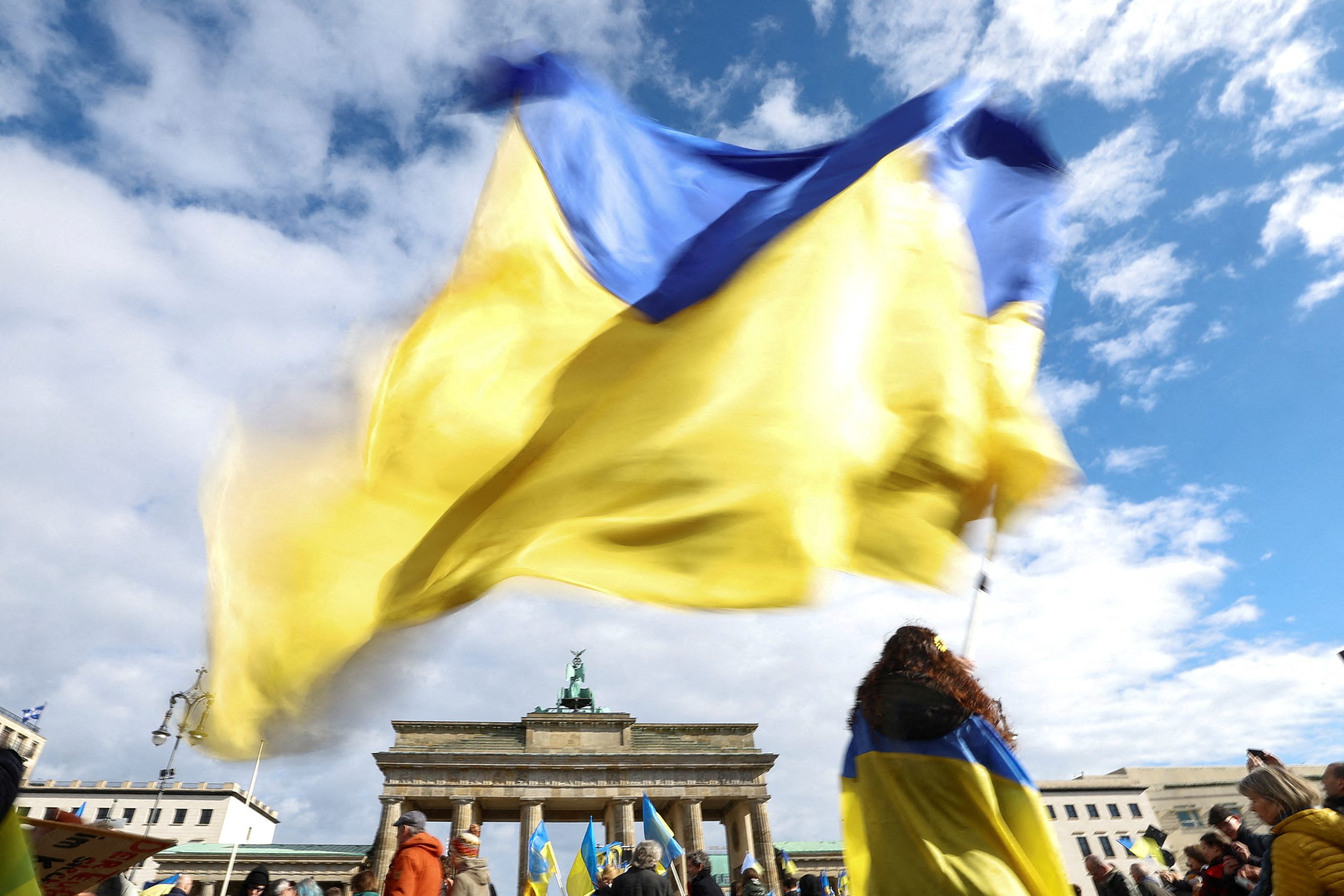Amid gloom over the radical right’s accumulation of votes in 2024’s European elections, a bright light stands out: Ukraine.
Despite the ravages of a brutal war, inadequate assistance from the West, a widespread fear and hatred of Russia, and President Volodymyr Zelenskyy’s growing accumulation of power — all factors that might be destructive of democracy — Ukraine remains both democratic and free of influential radical right parties or organizations.
There is nothing in Ukraine that even remotely resembles Marine Le Pen’s National Rally, which won the support of 31.5% of French voters. Nor is there anything like Alternative for Germany, which amassed 16.2%, the Freedom Party of Austria, with 25.4%, or Hungary’s Fidesz, with 44.9%.
There is no radical right Ukrainian politician who can compete with Putin’s 87.3% (albeit in a rigged election) or Donald Trump’s 46.8%. Indeed, Ukraine has not had a strong radical right party since its genesis.
The march of Europe’s radical right, some of whom are downright fascist, is deeply worrying, but Ukraine’s commitment to its imperfect version of democracy in brutal circumstances is a cause for hope. Authoritarianism may be the flavor of the day, but Ukraine shows it is not inevitable.
What’s so special about Ukraine? This, after all, is a country that most policymakers and analysts relegated to the dustbin of history when it became independent in 1991 and considered hopelessly corrupt for the three following decades.
Is it possible that Ukraine got something right? That it knew better than its critics in Europe and North America — and, of course, in Russia, the home of contemporary, imperialist neo-Nazism?
The answer is that Ukraine got several anti-authoritarian things absolutely right after achieving independence.
First, it was, and remains, a deeply pluralistic society. Sometimes that’s been the source of ethnic, social, and religious conflict, but diversity has also been one of the main obstacles to authoritarian rule.
Would-be dictators like having the support of a significant part of the subject population, and it helps when the society is close to homogeneous. Despite the nonsensical claims of Western and Russian analysts, who saw Ukrainian neo-Nazis hiding behind every tree, Ukraine was too complicated, and too divided, to provide any extremist group with a solid social base.
Those complications and divisions also made for a vigorous civil society that kept political ambitions in check.
Get the Latest
Sign up to receive regular emails and stay informed about CEPA’s work.
Second, Ukraine continues to have the weak state it inherited from Soviet totalitarianism.
Former President Viktor Yanukovych came closest to building a sultanistic regime, but he paid the price for his exaggerated ambitions in the 2014 Maidan Revolution, which swept him from office.
And while Zelensky’s critics accuse him of hoarding power and ignoring institutions, his actions remain deeply constrained by social pluralism on the one hand and state weakness on the other.
Third, Ukraine consciously chose to pursue measured, evolutionary change, avoiding the big bangs adopted by Russia and Poland. Rapid, comprehensive change worked in Poland, both because it was a precondition of European Union membership and because decades of reform had made it far less totalitarian than the USSR.
In contrast, rapid change produced a rebellion by Russian conservatives, a crackdown by then President Boris Yeltsin, and the formation of a super-presidency that paved the way for Vladimir Putin’s tyranny. None of that happened in Ukraine: it didn’t reform as quickly as Poland, but neither did it fall into fascism like Russia.
Fourth, Putin’s genocidal war has brought home to Ukrainians just how lucky they are not to be Russian. Their country may be less than perfect, but it’s not a fascist dictatorship. It has no influential radical right parties, and it has no Putin-like figure lurking over the horizon.
The war has also opened Europe’s eyes — after decades of willful blindness — to the strategic importance of Ukraine and to the necessity of integrating it, however slowly, into its political and security structures.
For years, Ukraine was considered to be second rate, a country that wasn’t performing as well as it could, and just barely hanging on.
But being second rate has made Ukraine first rate in today’s increasingly authoritarian Europe.
It may be high time for the French, Germans, Austrians, Hungarians and others to travel to Kyiv for democracy building seminars.
Alexander Motyl is Professor of Political Science at Rutgers University-Newark.
Europe’s Edge is CEPA’s online journal covering critical topics on the foreign policy docket across Europe and North America. All opinions are those of the author and do not necessarily represent the position or views of the institutions they represent or the Center for European Policy Analysis.
Europe’s Edge
CEPA’s online journal covering critical topics on the foreign policy docket across Europe and North America.

